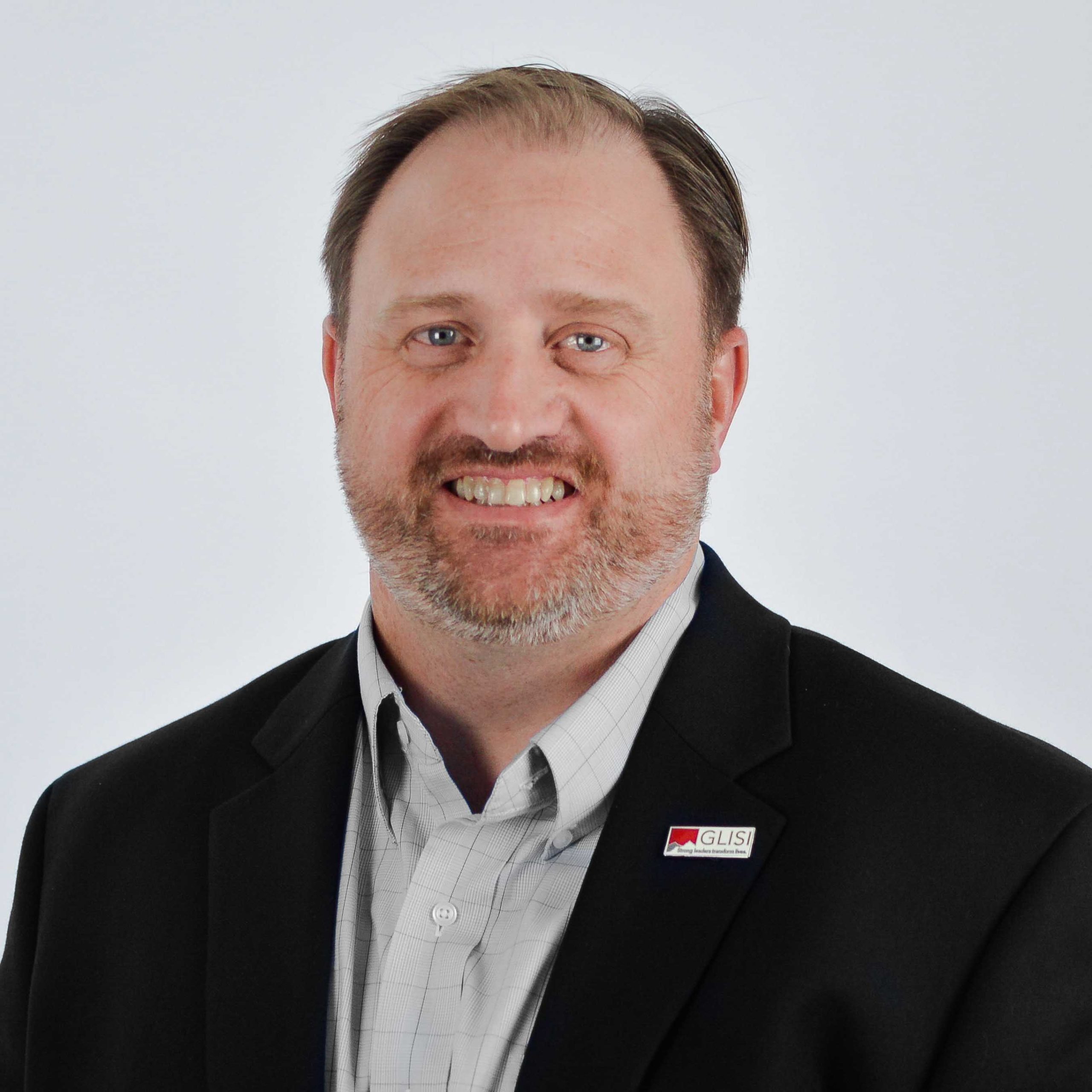Innovation requires psychological safety
Shifts in climate and culture are our ultimate aim. Short-term test score gains can disguise more durable organization dysfunction. Improvements in culture and climate offer a more reliable proxy for adult transformation.
The challenge is knowing when those shifts begin to emerge. In FY19, we analyzed measures of psychological safety (the belief that one will not be punished or humiliated for speaking up with ideas, questions, concerns or mistakes*) to better understand the impact of Base Camp and Leadership Summit on team culture.
Two items showed persistent improvement across teams and cohorts*:
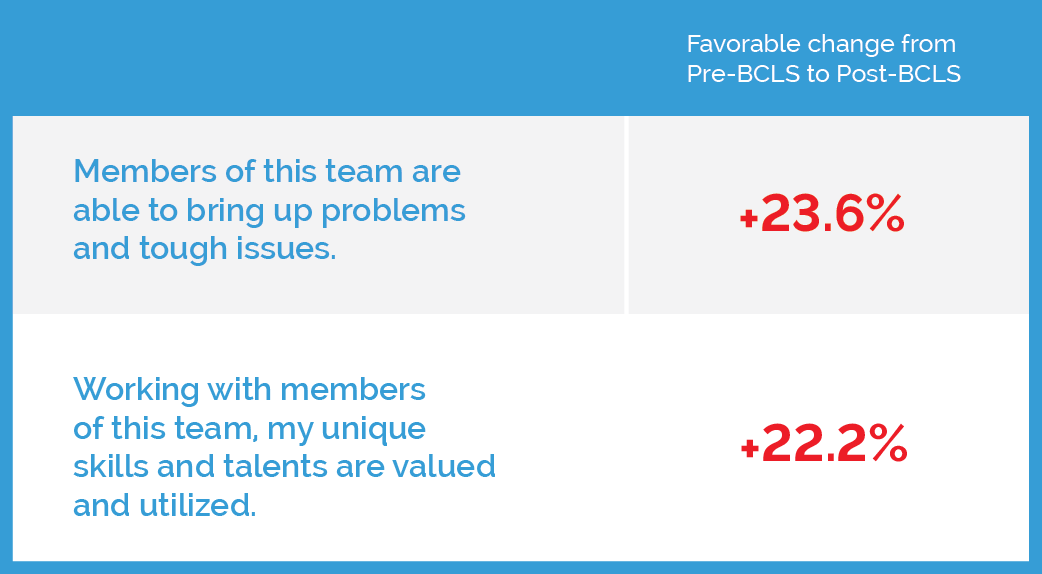
*Cohorts 52-59. Total of 649 participants.
We also learned more about the team composition that is most likely to yield increases in psychological safety. Teams made up of a higher proportion of teachers, female team members, and African American team members were most likely to have favorable change in psychological safety.
What we learned from this analysis is shifting our practice, influencing conversations with district leaders about what to expect; when to start looking for change and what to look for (hint: test scores should not be first thing to change); and who to draw together for leadership team work.
*include Edmondson in Lebowitz, 2015 footnote
Innovation requires a dogged pursuit of improvement
GLISI often begins our work with aspiring leaders with this question: Why do you believe you are a leader?
Kathy Ford, then a first grader teacher at New Hope Elementary School in Whitifeld County Schools, struggled to see leadership in herself and responded with, “I hope you see something in me. I know I want to learn!”
This video captures Kathy’s learning and is representative of the other 10 aspiring leaders we served in FY19. Over the course of GLISI’s partnership with WCS, Kathy discovered her own leadership strengths and brought her vision for a student mentoring program to life. The program not only affected the success of student mentees, but had a profound impact on the culture and mindset of other teachers and leaders. Kathy is now a first-year assistant principal, continuing to grow her capacity to lead and influence other educators system-wide.
Watch Kathy's full story:
Innovation requires structures that support risk-taking
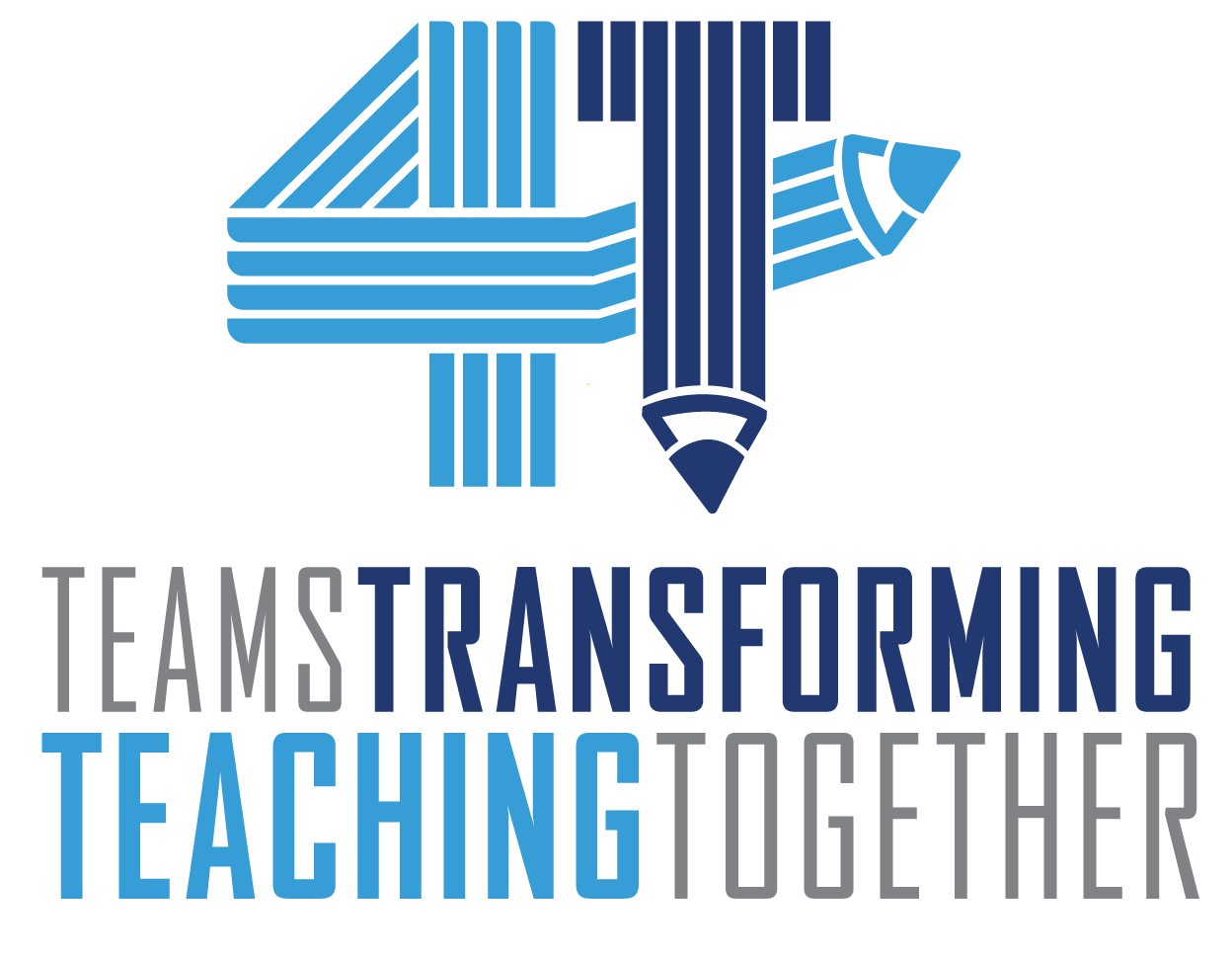
We launched a strategic partnership in February 2019 with the Southern Regional Education Board to design and implement a networked improvement community, called Teams Transforming Teaching Together (4T).
For the next two years, 4T will unite teams from three rural school districts in a networked improvement community to harness the power of cross-district collaboration and improvement science to address each district’s self-identified need.
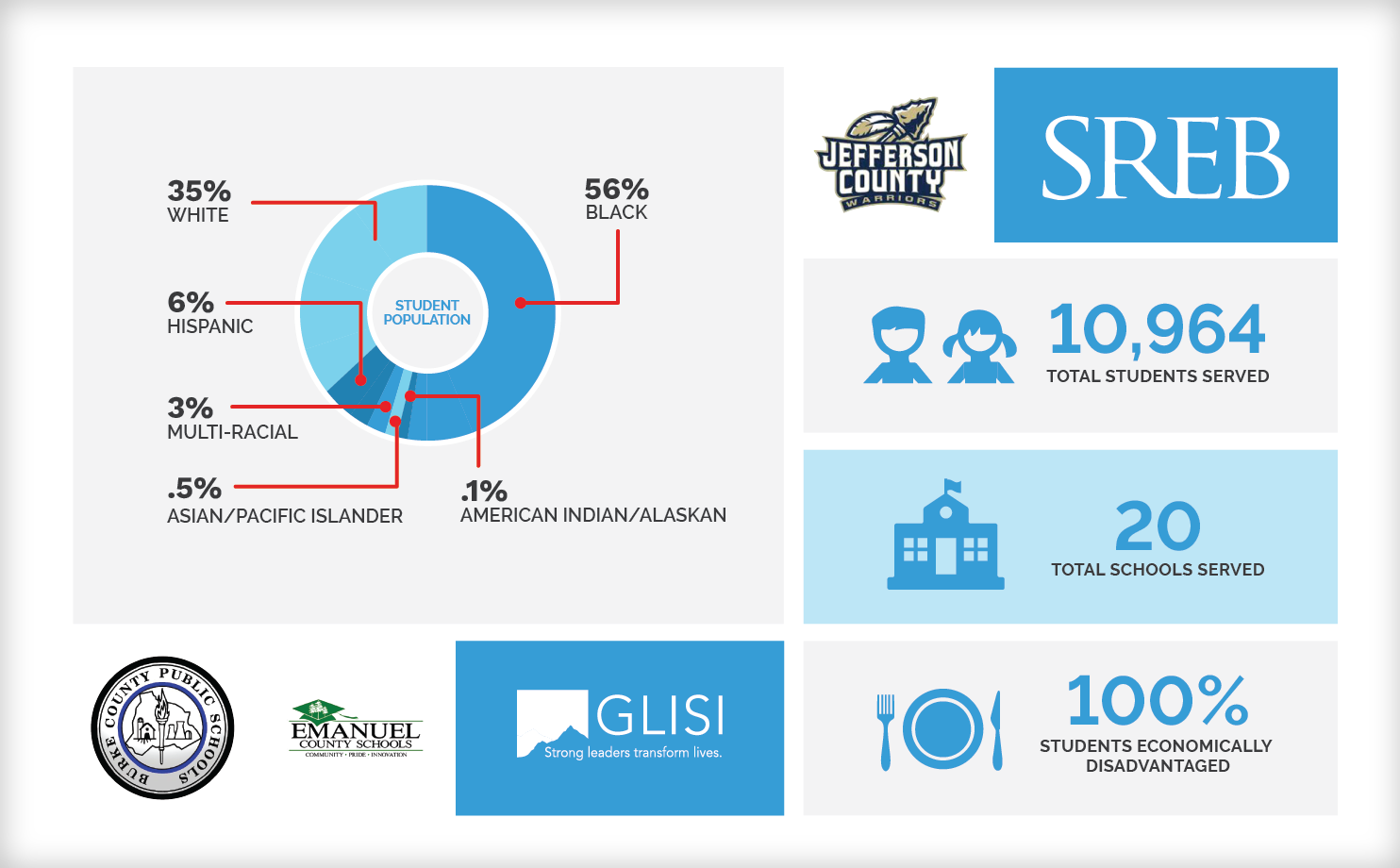
4t Theory
of Action:
If 4T convenes districts in framing and solving problems of practice in collaborative networks with guidance, coaching, and technical assistance, then we create conditions for districts to have agency and sustainability in their capacity to solve problems using improvement science.


